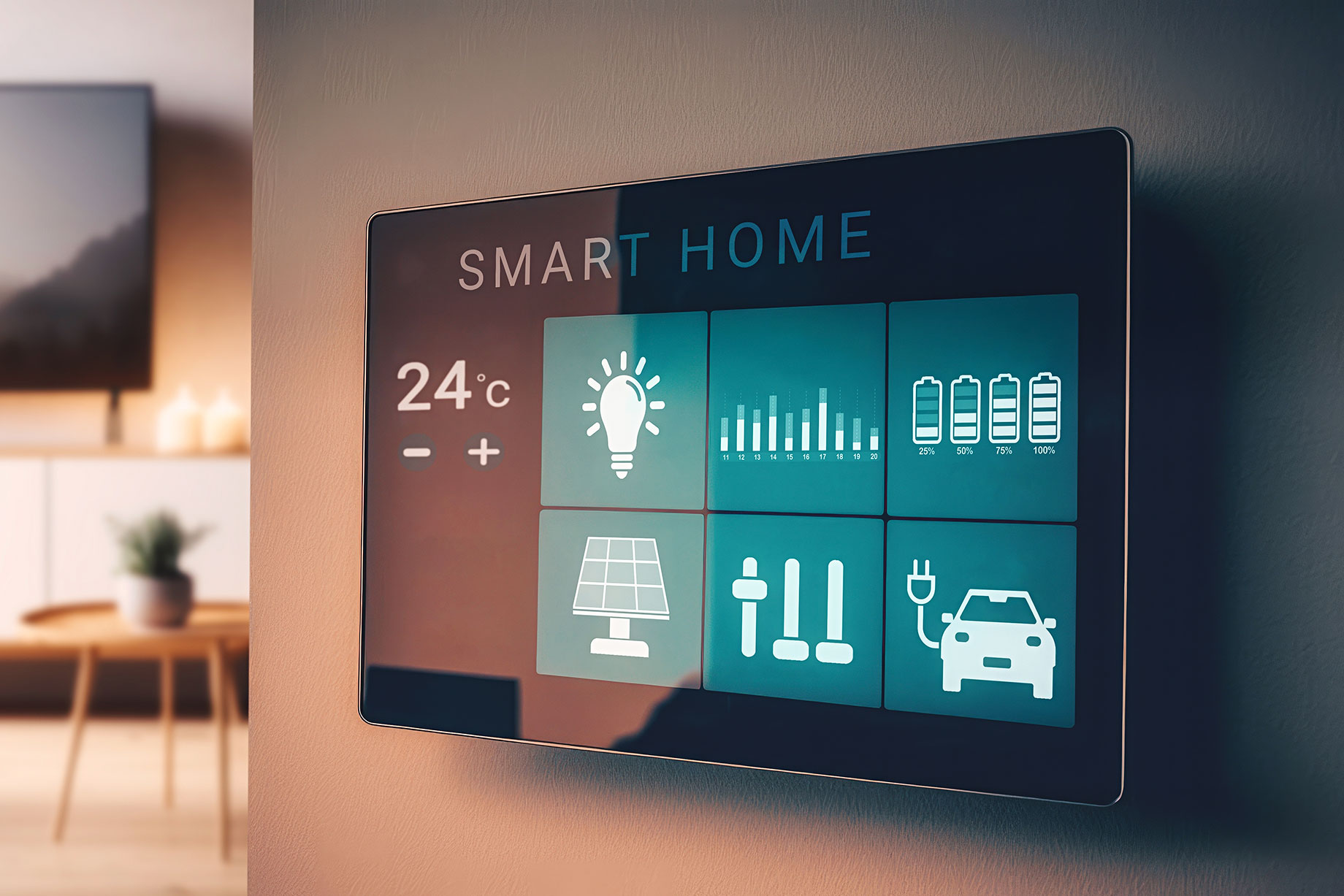
The real estate market is evolving rapidly, and technology is at the heart of this transformation. Once considered a luxury, smart home technology is now becoming a standard feature that homebuyers expect. With devices ranging from smart thermostats to security systems and voice-controlled lighting, homeowners are investing heavily in making their homes more technologically advanced. However, a critical question remains: Do these smart home upgrades increase a property’s resale value? While some gadgets offer undeniable convenience and appeal, others may not provide a significant return on investment. Understanding which smart features are worth integrating can help homeowners make informed financial decisions.
Enhancing Market Appeal and Buyer Interest
One of the key advantages of smart home technology is its ability to make a property more attractive to potential buyers. Many modern buyers, especially millennials and tech-savvy individuals, prioritize homes that incorporate smart features. A house equipped with a smart security system, automated lighting, or a programmable thermostat can stand out in a crowded market, making it easier to sell. Moreover, homes with integrated technology are often perceived as more energy-efficient and convenient, adding to their overall appeal.
Explore Myers House Buyers for a hassle-free cash home sale. Making strategic upgrades can enhance your home’s appeal and potentially boost its market value. However, it’s essential to invest in the right improvements. While smart home technology can be enticing, not every device contributes to resale value; some may even turn buyers away due to high maintenance costs or unnecessary complexity.
Which Smart Features Boost Resale Value?
Not all smart home devices carry the same weight when it comes to increasing resale value. Some technologies have been proven to be more effective in attracting buyers and enhancing property worth. Among the most sought-after smart features are:
Smart Thermostats
Devices like Nest or Ecobee enable homeowners to optimize energy consumption by automatically adjusting temperatures based on occupancy and preferences. This reduces utility bills and environmental impact. Many buyers consider these devices a valuable long-term investment, enhancing both comfort and cost savings.
Smart Security Systems
Advanced features such as video doorbells, motion sensors, and remote monitoring provide an added layer of security, which is crucial for many buyers. These systems deter potential intruders, offer real-time alerts, and allow homeowners to monitor their property remotely, increasing peace of mind and property value.
Automated Lighting
Smart bulbs and lighting systems adjust based on occupancy, daylight levels, or preset schedules, creating the perfect ambiance while improving energy efficiency. These systems enhance convenience, allowing homeowners to control brightness and color remotely, reducing electricity costs and increasing home automation appeal for buyers.
Smart Locks and Garage Openers
Keyless entry systems and remote-controlled garage doors enhance convenience and security. Homeowners can grant access to family or service providers without physical keys. These features make properties more attractive to buyers seeking modern, secure, and easily manageable home access solutions.
Integrated Smart Home Hubs
Systems like Amazon Alexa, Google Home, or Apple HomeKit streamline control over multiple devices, including lights, thermostats, and security systems. This integration enhances daily convenience, making smart homes more efficient and appealing to tech-savvy buyers who prioritize seamless home automation experiences.
While these features can add value, overloading a home with unnecessary gadgets can have the opposite effect. Too much automation might intimidate less tech-inclined buyers, reducing the pool of interested parties.
Potential Drawbacks and Investment Considerations
Despite the advantages, there are some potential downsides to investing in smart home technology for resale purposes. First, the rate at which technology evolves means that today’s cutting-edge devices may become outdated in just a few years. A system installed today may no longer be relevant or desirable by the time the homeowner decides to sell. Additionally, some buyers may view smart home technology as an added maintenance responsibility rather than a benefit.
Another important factor to consider is cybersecurity. Many buyers are increasingly aware of the potential security risks associated with interconnected smart devices. Concerns over data breaches and unauthorized access can make some hesitant about purchasing a highly automated home. To maximize resale potential, homeowners should opt for reputable, well-supported smart devices and ensure proper security protocols are in place.
Is the Investment Worth It?
The decision to invest in smart home technology should be based on the target market, location, and the existing state of the home. In competitive real estate markets where buyers expect modern features, having smart home technology can provide a valuable edge. However, in areas where traditional homes dominate, these features may not be as impactful.
Ultimately, smart home upgrades can enhance convenience, energy efficiency, and security, making a home more desirable to potential buyers. However, to ensure a return on investment, homeowners should carefully select features that offer tangible benefits rather than simply following trends. A well-balanced approach incorporating a few high-impact smart devices without overcomplicating the home can make a significant difference in the resale process.